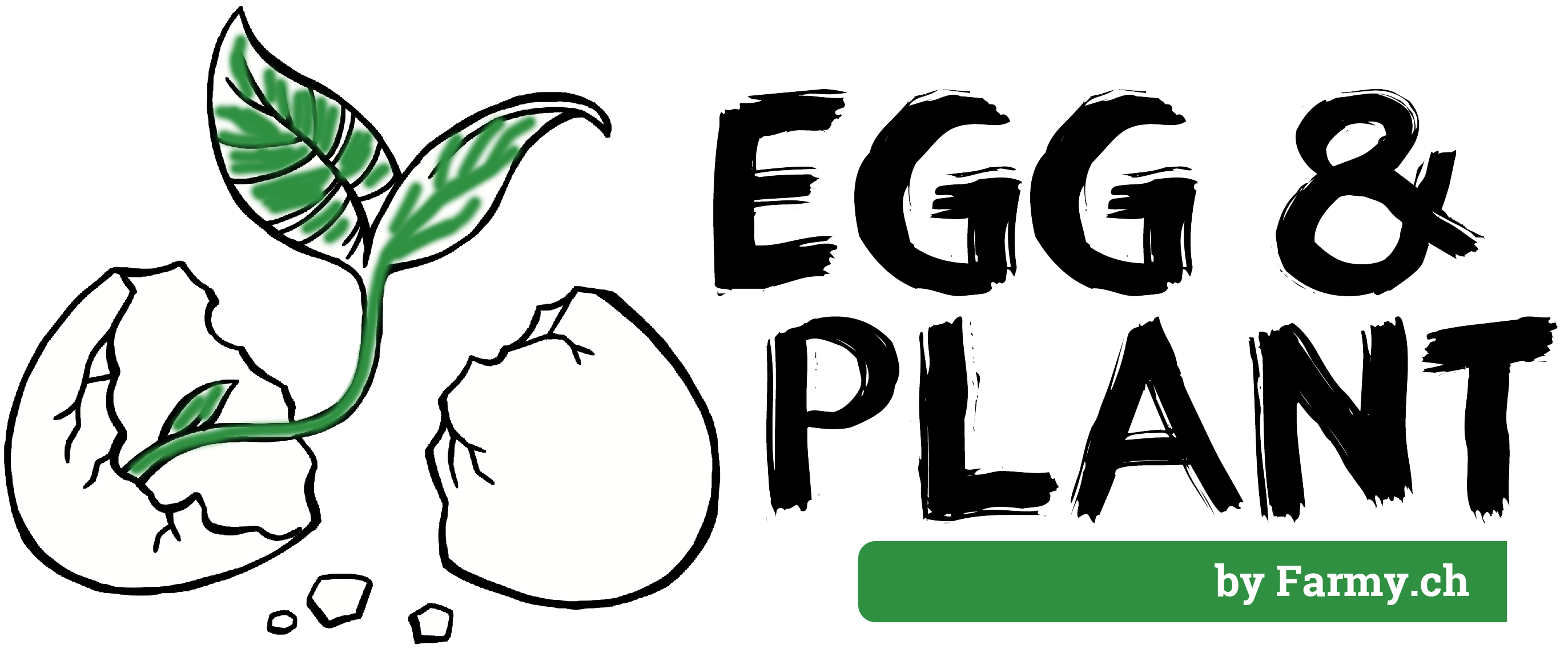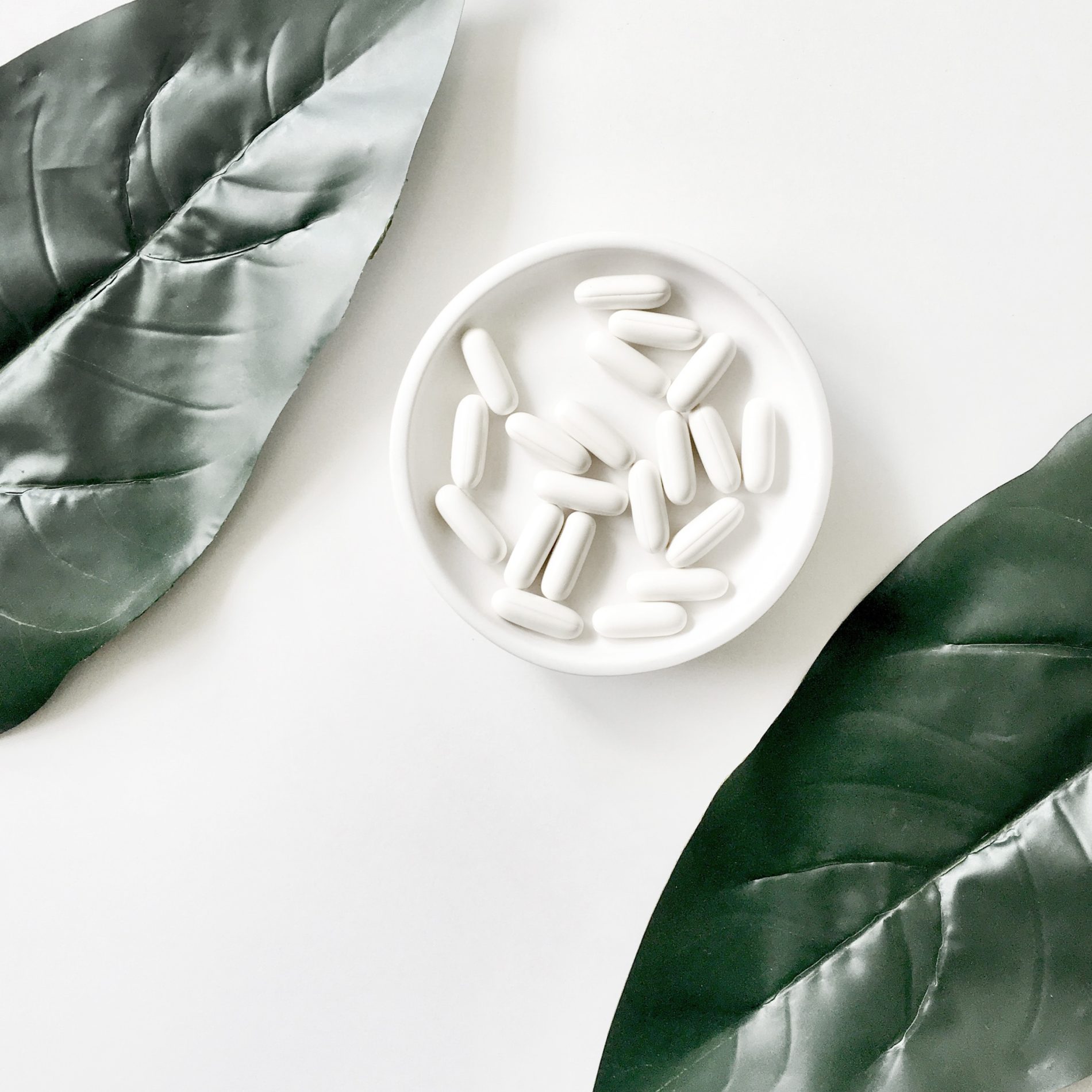Veganism is attracting more and more people from all walks of life. Whether it’s out of conviction or for health reasons, the choice of a vegan diet brings definite advantages. But giving up all animal products is not a trivial matter.
In this article, I draw your attention to 7 nutrients that a vegan might miss. And it’s not about protein, even though that’s often the vegan’s first fear.
Let me tell you once and for all, there are many sources of plant proteins, so you can usually meet your body’s needs with a few adjustments in your diet.
Before you start, I remind you that a visit to your doctor is the only way to check for deficiencies. I strongly encourage you to have these examinations, as taking supplements when they are not actually necessary can be dangerous to your health.
1. Vitamin B12 deficiency
Vitamin B12 plays an important role in various processes in the body (functioning of the brain, nervous system, red blood cells, etc.). But it is mainly found in foods of animal origin.
Of course, there are products of plant origin that contain vitamin B12, but the safest way to reach the recommended intake is to consume products enriched with B12 (certain plant milks or soy, for example) or food supplements.
2. Vitamin D deficiency
You are certainly familiar with this vitamin, the best source of which is the sun. However, food sources are quite limited and mainly of animal origin.
As repeated exposure to the sun is not recommended, a large part of the population has different degrees of deficiency. Vegetarians and especially vegans are the most exposed.
Fortified foods and supplements are again the best options when a deficiency is confirmed.
3. Omega-3 DHA and EPA deficiency
Omega-3 fatty acids are known for their many health benefits (brain, eyes, heart). As you probably know, the best sources are oily fish.
A roundabout way of increasing DHA and EPA is to maximise ALA omega-3s, of which there are good plant sources. But the conversion rate is very low, so supplements are sometimes recommended (e.g. algae oil).
4. Zinc deficiency
Zinc is a mineral that plays an important role in the body, especially for the immune system. But there are few plants that are good sources of it. However, I would highlight wheat germ, certain seeds as well as oilseeds and legumes.
5. Iodine deficiency
Iodine deficiency can affect the thyroid gland, one of the main functions of which is to regulate metabolism.
The amount of iodine present in plants depends on the richness of the soil in which they have been grown. Iodine-enriched salt and seaweed are common alternatives to ensure the recommended intake.
6. Iron deficiency
As you may know, there are two types of iron: non-haem iron (plant + animal origin) and haem iron (animal origin). And I won’t surprise you by telling you that non-haem iron is less well assimilated by the body.
The simultaneous consumption of vitamin C increases the absorption of iron.
7. Calcium deficiency
Unlike most of the above nutrients, there are many sources of calcium in the plant world. However, it seems that most vegans do not ingest sufficient amounts.
Given the importance of this mineral for bone health in particular, it is important to ensure that the intake is adequate.
In conclusion
A well-planned vegan diet will usually provide for all the body’s needs.
However meticulous you may be, some nutrients are sometimes more difficult to obtain when certain animal products are not available, especially vitamin B12, vitamin D and the omega-3s DHA and EPA.
Therefore, a medical check-up may be beneficial. It will remove any doubts you may have (do I have a deficiency?). And your doctor will be able to give you clear and precise indications on the food supplements you might need.











What do you think?